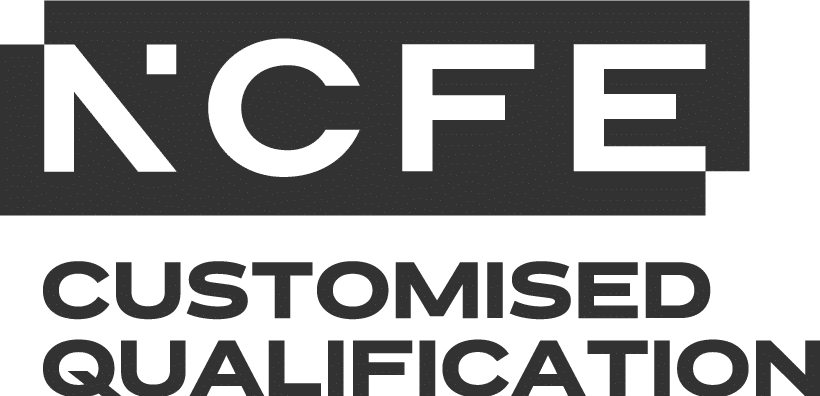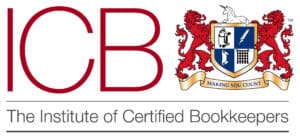Overview
Analysing the crime. Collecting the evidence. Giving an expert opinion in court, all eyes on you. The job of a forensic scientist is challenging yet fascinating. Using principles of biology, chemistry and maths, these experts obtain and analyse evidence from a variety of sources, including body fluids, hair, textile fibres, glass fragments and tyre marks. If you’ve always been interested in learning more about this exciting and compelling discipline, this course is for you.
Once enrolled, you'll learn about the principles and practicalities of working in a scientific setting, how crime scenes are investigated, and the procedures to follow when collecting and analysing evidence from a crime scene. You’ll have the opportunity to delve into the workings of the criminal mind, analysing motives and thinking, and you’ll explore DNA and blood spatter analysis. This course enables you to work entirely at your own pace, in your own time, and you don't need any experience or knowledge to enrol.
What you'll learn
- Forensic science in the UK
- Crime scene sketching and reporting
- Protecting crime scenes & avoiding contamination
- Collecting and recording evidence
- The difference between volume crime & serious crime
- Dusting for fingerprints
- Latent fingerprints
- Analysis of fibre evidence
- The information provided by hair evidence
- Comparing glass evidence
- What is DNA?
- Sources of DNA
- Collecting DNA evidence
- Processing and analysing DNA
- Blood spatter analysis
- Understanding firearms
- Trace evidence from ballistics – gunshot residue
- Bullets & striations
- Casings and identifying weapons
- Drugs of abuse & poisons
- Metabolites and drug evidence
- Using chromatography in chemical analyses
- Spectroscopic techniques in forensic toxicology
- The value of human remains
- Dentition – using teeth to tell a story
- The skull as evidence
- Mapping bones to draw conclusions
- Follow the journey of a case from the crime scene to court
- The importance of chain of custody in preserving reliability
- The criminal court system, criminal law and legal framework for forensic scientists
- The forensic expert’s role in court
- Collecting and recording evidence
- The difference between volume crime & serious crime
Extra info
Awarding Body

With a heritage stretching back over 150 years, NCFE is one of the largest awarding bodies in the UK. Over 340,000 students were awarded certification by NCFE last year.
NCFE Customised Qualifications are bespoke, unregulated qualifications developed to meet the specific needs of learners. These courses fit in where there are no other regulated qualifications are available. Meaning you can achieve recognition from a well-respected awarding body, even if there isn’t a pre-existing qualification in a certain subject area.
Course Outcome
At the end of this course, successful learners will receive a Certificate of Achievement from NCFE and a Learner Unit Summary (which lists the details of all of the units you have completed as part of your course).
How is this course assessed or examined?
Assessments are in the form of written tasks and assignments that take place at the end of each unit to check your understanding.
Entry requirements
There are no formal entry requirements for this course; however, it is recommended that you have an intermediate ability to read and write English.









